
Mechanical keyboard vs regular keyboard: What are the differences?
Mechanical keyboard vs regular keyboard: What are the differences?
Mechanical keyboard vs regular keyboards aren’t just about looks—they work in totally different ways. Mechanical keyboards use separate switches for each key, giving strong tactile feedback and longer life. Regular keyboards, also known as membrane keyboards, rely on pressure between flexible layers to register input. They’re quieter and cheaper but wear out faster. If your project demands high precision and durability, mechanical wins. For simple, cost-sensitive use, membrane gets the job done.
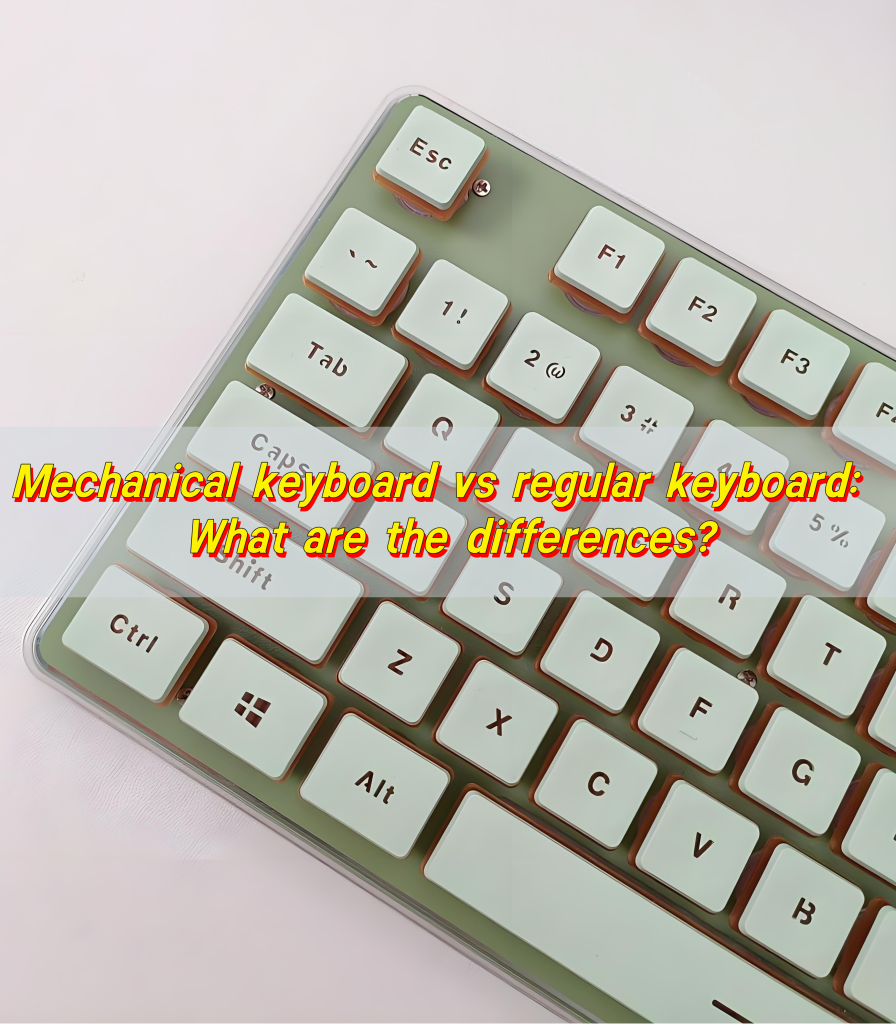
What is a mechanical keyboard vs regular?
Mechanical keyboard uses separate mechanical switches for each key or button. When pressed, these switches deliver a precise, tactile feel and create a clicking sound, thanks to internal components like metal springs or metal domes.
Regular keyboard, in contrast, refers to membrane keyboards. These use thin, flexible layers to register input. Pressing a key completes the circuit using pressure between two contact layers—no separate switch inside.
Here’s where it matters: each type is built for specific environments. Mechanical keyboards shine in demanding, high-cycle uses. Membrane keyboards offer cost-effective, quieter alternatives for moderate tasks.
Is a mechanical keyboard better than a normal keyboard?
The word “better” depends on your needs. But if you’re after performance, durability, and precision, mechanical keyboards often take the lead.
Why? Each mechanical switch has its own mechanism. That means you get:
- Sharper tactile feedback.
- Faster actuation.
- Stronger resistance to wear.
This makes mechanical switches ideal for heavy-duty applications, such as medical devices, smart panels, control systems, and rugged industrial environments.
Membrane switches, on the other hand, are better suited for:
- Budget-sensitive projects.
- Environments where quiet input is needed.
- Devices that don’t require constant, repetitive pressing.
So, is mechanical always better? Not always. But in terms of responsiveness, accuracy, and durability.
What are the disadvantages of a mechanical keyboard?
Mechanical keyboards have a few trade-offs:
- Higher cost. Those precision switches come with a price tag.
- Thicker profile. Mechanical designs tend to be bulkier.
- Noise. Clicks can be loud—although some users love it.
Also, while maintenance is rare, if one switch fails, replacing it takes effort. But in most cases, the benefits far outweigh these small drawbacks.
Which is better, a membrane or a mechanical keyboard?
Choose mechanical keyboards if:
- You need high actuation accuracy.
- Durability and lifecycle are top priorities.
- You prefer clear tactile response.
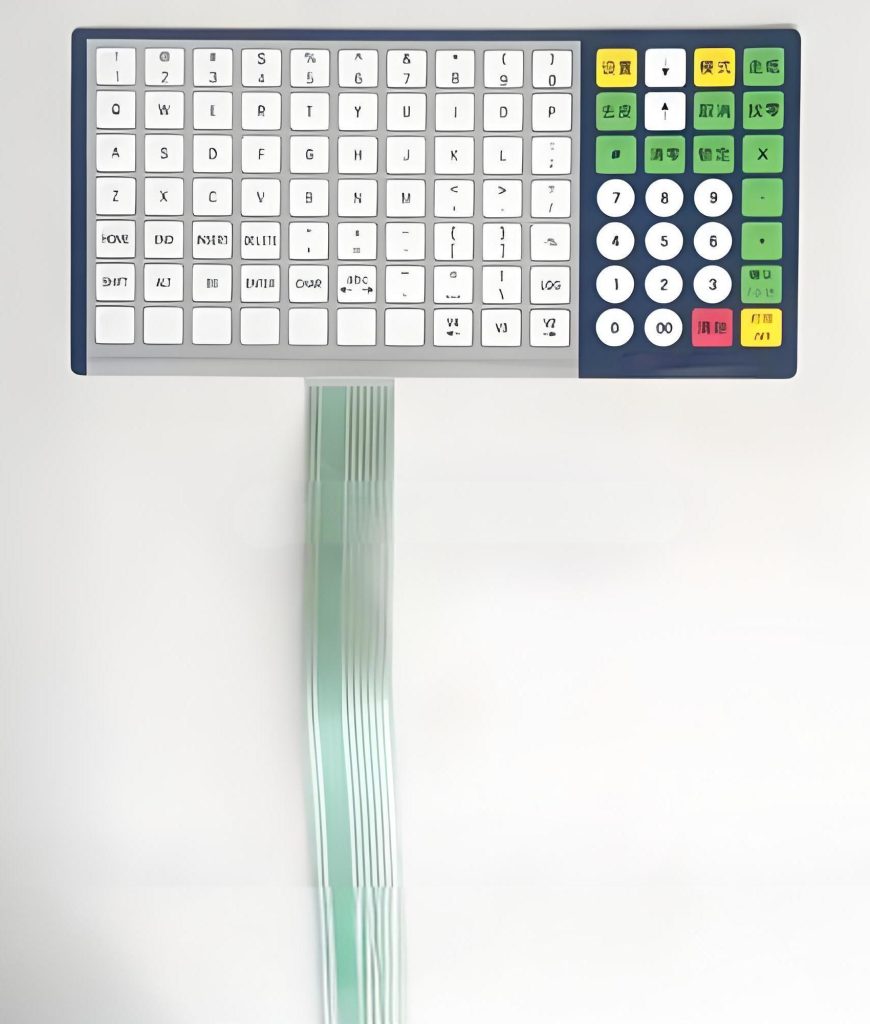
Choose membrane keyboards if:
- Your budget is limited.
- You want a low-profile, lightweight solution.
- The product will be used in quieter environments.
In short, mechanical switches are for performance-driven tasks. Membrane switches are for cost-efficient, quiet, and compact applications.
Do mechanical keyboards break more easily?
Quite the opposite. Mechanical keyboards are designed to last longer and withstand more wear than membrane types.
Each mechanical switch can handle up to 50 million presses or more. That’s why industries with repetitive use—like manufacturing or medical equipment—prefer them.
Membrane keyboards, while reliable in low-cycle usage, tend to degrade faster. The pressure pads wear out. The contact layers thin. Over time, response fades.
How long is the lifespan of a mechanical keyboard?
Here’s the power stat: 50 to 100 million actuations per switch. With proper care, mechanical keyboards can last for years—even decades. The internal metal spring or dome resists fatigue better than the membrane’s conductive layer.
Membrane keyboards, on the other hand, usually last 5 to 10 million cycles. That might be enough for low-use applications, but in demanding fields, it’s simply not enough.
What type of keyboard lasts the longest?
Without question: mechanical keyboards win this race. They’re engineered to last. Built from durable materials like:
- Stainless steel springs.
- Gold-plated contacts.
- Rugged housings.
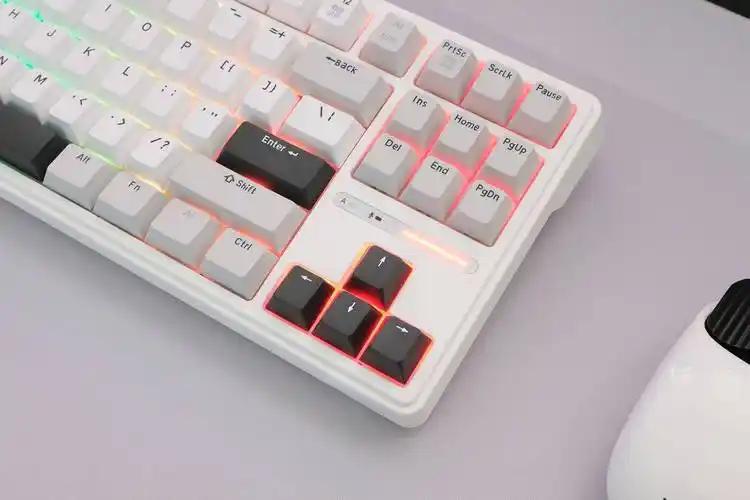
Their independent design also allows easier replacement of worn-out switches, instead of scrapping the entire keypad. In harsh environments, or products with a long life cycle, mechanical switches provide unmatched longevity.
Why are membrane keyboards so cheap?
There’s a reason membrane keyboards are everywhere: they’re affordable, fast to manufacture, and lightweight. The secret lies in the design:
- Fewer parts.
- No individual switches.
- Simple pressure-layer mechanism.
That translates into low production costs. It also means they can be thinner, lighter, and easily integrated into compact devices. This makes them the go-to choice for consumer electronics, one-time-use devices, and products where space or cost comes first.
Conclusion:
Mechanical keyboards (mechanical switch arrays) offer superior durability, tactile response, and longevity. They’re made to perform under pressure. They’re built to last.
Regular membrane keyboards, while less durable, are cost-effective, lightweight, and silent. They work well in applications where usage is light and budgets are tight.
And if you need expert support or guidance on the best solution for your product, we’re here to help. Contact us at sales@best-membraneswitch.com for switch recommendations, custom designs, or to request a free sample.
Silicone Rubber Keypad Manufacturer, Custom Membrane Switches
What is a silicone rubber keypad? Silicone rubber keypad is a flexible input component made from molded silicone elastomer. It allows users to press keys to send commands to an electronic device. Each key is formed as part of a single rubber sheet or pad. When pressed, the key makes contact with a circuit below ...
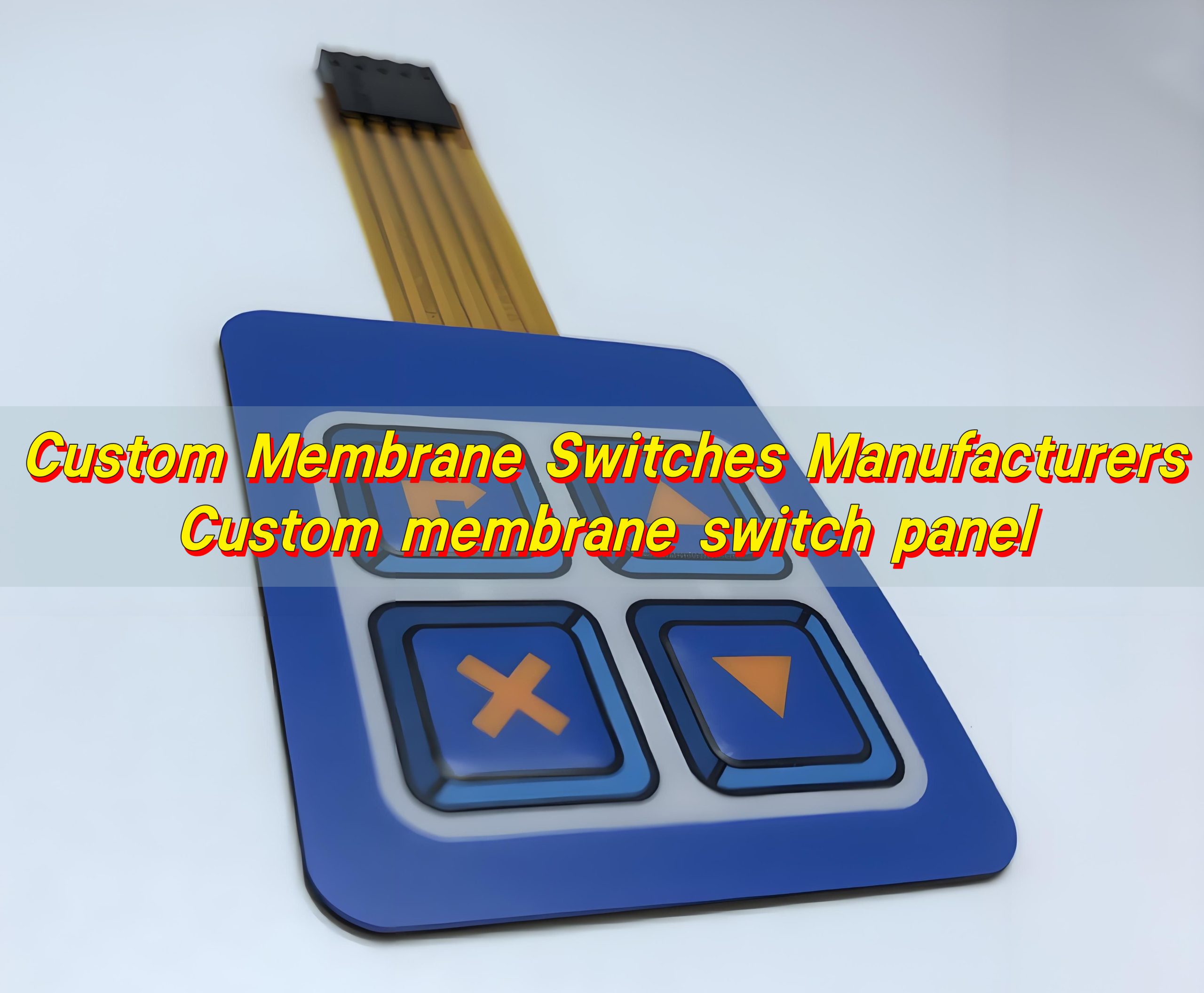
Custom Membrane Switches Manufacturers, Custom membrane switch panel
What Are Custom Membrane Switches? Custom membrane switches are thin, flexible, and highly adaptable electronic interfaces. They replace bulky mechanical keys and provide a lighter and more controlled input experience. These switches allow you to customize every part of the interface. You can choose the look, feel, shape, features, and layout. You can adjust the ...
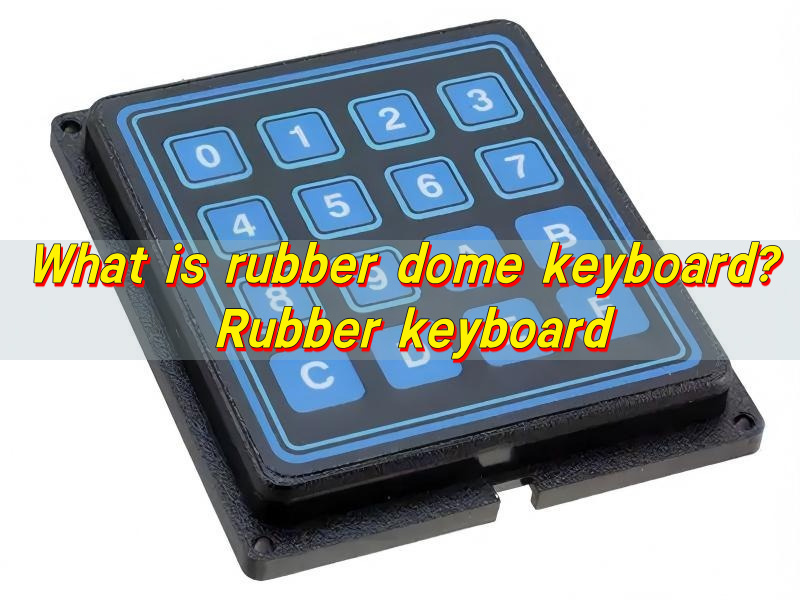
What is rubber dome keyboard? Rubber keyboard
Rubber keyboard is known for its soft feel, quiet operation, and reliable everyday performance. A rubber dome keyboard is a keyboard that uses a flexible rubber dome under each key to register input. When a key is pressed, the dome collapses and makes contact with the circuit below, sending a signal, then springs back when ...
Contact us online